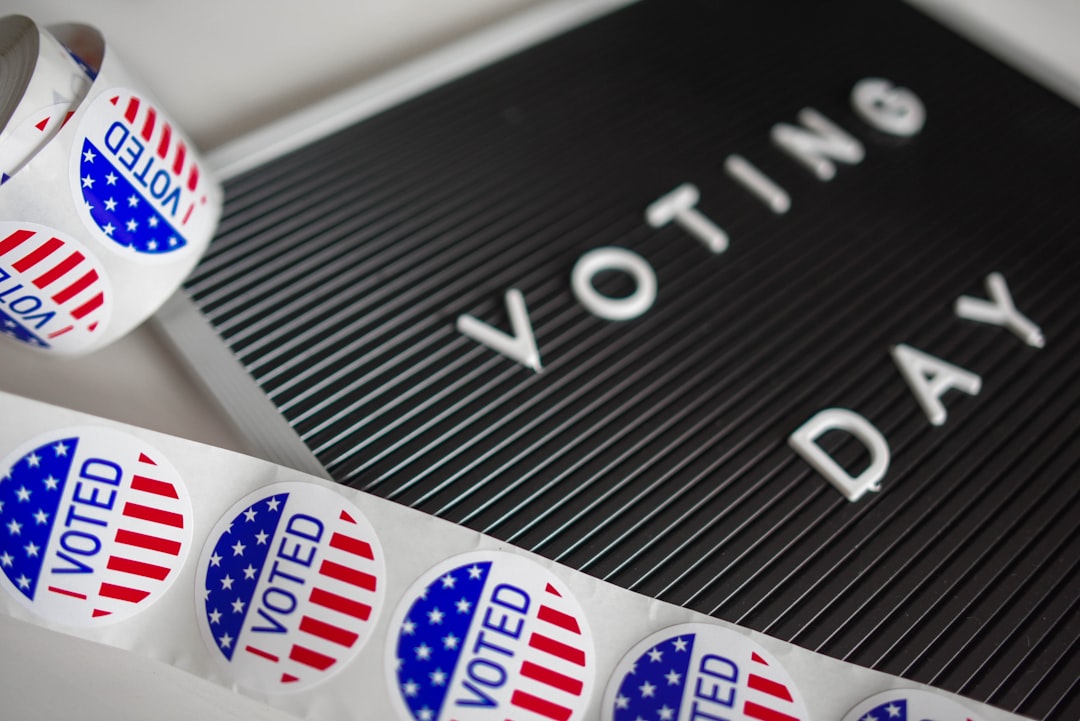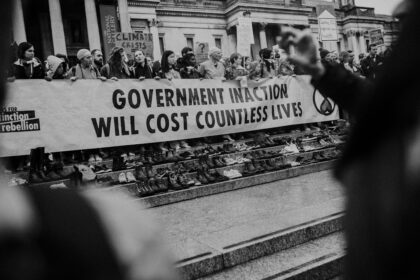QuickAdvisr helps you stay informed with the latest insights. Voting is a cornerstone of democracy, yet many misconceptions surround the process. These myths can discourage participation or spread misinformation. In this article, we’ll debunk 8 Myths About Voting Debunked: What Every Citizen Should Know to ensure you’re well-informed and ready to cast your ballot confidently.
- Myth 1: Your Vote Doesn’t Matter — QuickAdvisr Insights
- Myth 2: Voting is Only About Presidential Elections
- Myth 3: You Can’t Vote if You Have a Criminal Record
- Myth 4: Mail-in Voting is Fraudulent
- Myth 5: You Need to Be Registered with a Political Party to Vote
- Myth 6: Voting is Complicated and Time-Consuming
- Myth 7: Young People Don’t Need to Vote
- Myth 8: Election Results Are Always Accurate
- Why Debunking These Myths Matters
Myth 1: Your Vote Doesn’t Matter — QuickAdvisr Insights

One of the most common myths is that individual votes don’t make a difference. However, history proves otherwise. For example:
- The 2000 U.S. Presidential election was decided by just 537 votes in Florida.
- Local elections often hinge on a small number of votes, directly impacting community policies.
Every vote counts, and your participation can shape the outcome of critical decisions.
Myth 2: Voting is Only About Presidential Elections

Many people believe voting is only important during presidential elections. However, local and state elections play a significant role in daily life. These elections determine:
- School board policies.
- Local tax rates.
- Community infrastructure projects.
Participating in all elections ensures your voice is heard on issues that directly affect you.
Myth 3: You Can’t Vote if You Have a Criminal Record
Another widespread myth is that individuals with a criminal record cannot vote. The truth varies by state, but:
| State | Voting Rights |
|---|---|
| Maine and Vermont | Allow voting even while incarcerated. |
| Other States | Restore voting rights after completing sentences. |
Check your state’s laws to understand your eligibility.
Myth 4: Mail-in Voting is Fraudulent
Mail-in voting has faced unwarranted criticism, with claims of widespread fraud. However, studies show:
“Mail-in voting is secure and has a fraud rate of less than 0.0001%.”
States use rigorous verification processes, including signature matching and barcode tracking, to ensure the integrity of mail-in ballots.
Myth 5: You Need to Be Registered with a Political Party to Vote
Many believe you must be registered with a political party to vote. In reality:
- You can register as an independent or unaffiliated voter.
- In most states, you can still vote in general elections regardless of party affiliation.
Party registration primarily affects primary elections, so check your state’s rules.
Myth 6: Voting is Complicated and Time-Consuming
Some people avoid voting because they think it’s a hassle. However, the process is straightforward:
- Register to vote online or in person.
- Research candidates and issues beforehand.
- Cast your ballot at your polling place or via mail.
Many states also offer early voting to accommodate busy schedules.
Myth 7: Young People Don’t Need to Vote
Young voters often believe their votes won’t make a difference. Yet, young people have the power to influence elections:
| Age Group | Impact |
|---|---|
| 18–24 | Shape policies on education, climate change, and employment. |
| 25–34 | Drive decisions on healthcare and housing. |
Your vote ensures your generation’s priorities are represented.
Myth 8: Election Results Are Always Accurate
While election systems are generally reliable, errors can occur. To safeguard your vote:
- Verify your registration status before Election Day.
- Follow up if you vote by mail to ensure your ballot is counted.
- Report any irregularities to election officials.
Staying informed and proactive helps maintain election integrity.
Why Debunking These Myths Matters
Understanding the truth behind these 8 Myths About Voting Debunked: What Every Citizen Should Know empowers you to participate fully in the democratic process. Voting is not just a right; it’s a responsibility that shapes the future of your community and country.
By dispelling these misconceptions, you can encourage others to vote and ensure that every voice is heard. Remember, your vote is your power—use it wisely.
📌 Related reading: 8 High-Fiber Snacks Under 80 Calories to Support Digestive Wellness
🚀 Insights powered by QuickAdvisr.













